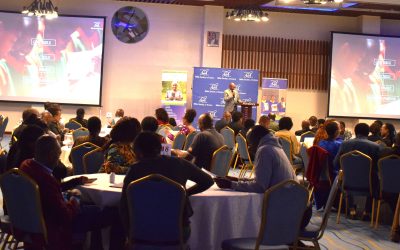The Winpesa App is quickly becoming a popular choice for users in Kenya, offering a seamless way to access sports betting and gaming services. To get started, users must complete a quick login process. Simply visit the Winpesa website or download the application to your mobile device. After that, enter your credentials, and you’re ready to explore the exciting features available.
For more information and to access the login portal, you can visit their official site here: https://winpesaapp.or.ke/. Once logged in, you’ll find a user-friendly interface that allows you to place bets, check odds, and enjoy various promotions. The app is designed to enhance your betting experience, making it easier to keep track of your favorite sports and teams. Whether you’re a seasoned bettor or new to the game, the Winpesa App offers something for everyone.
Kwikbet Online Casino offers an exhilarating gaming experience for both casual players and seasoned gamblers alike. With a vast array of games, including slots, table games, and live dealer options, there’s something for everyone at this dynamic online casino. Players can enjoy enticing bonuses and promotions that enhance their gameplay and increase their chances of winning big.
One of the standout features of Kwikbet is its user-friendly interface, making navigation effortless for players. Whether you’re accessing the site from your desktop or mobile device, you’ll find a seamless experience. To explore all that Kwikbet has to offer, visit their website here: https://kwikbet.me.ke/.
Additionally, Kwikbet prioritizes player safety and security, ensuring that personal information and transactions are protected. Embark on your online gaming adventure today with Kwikbet!





0 Comments